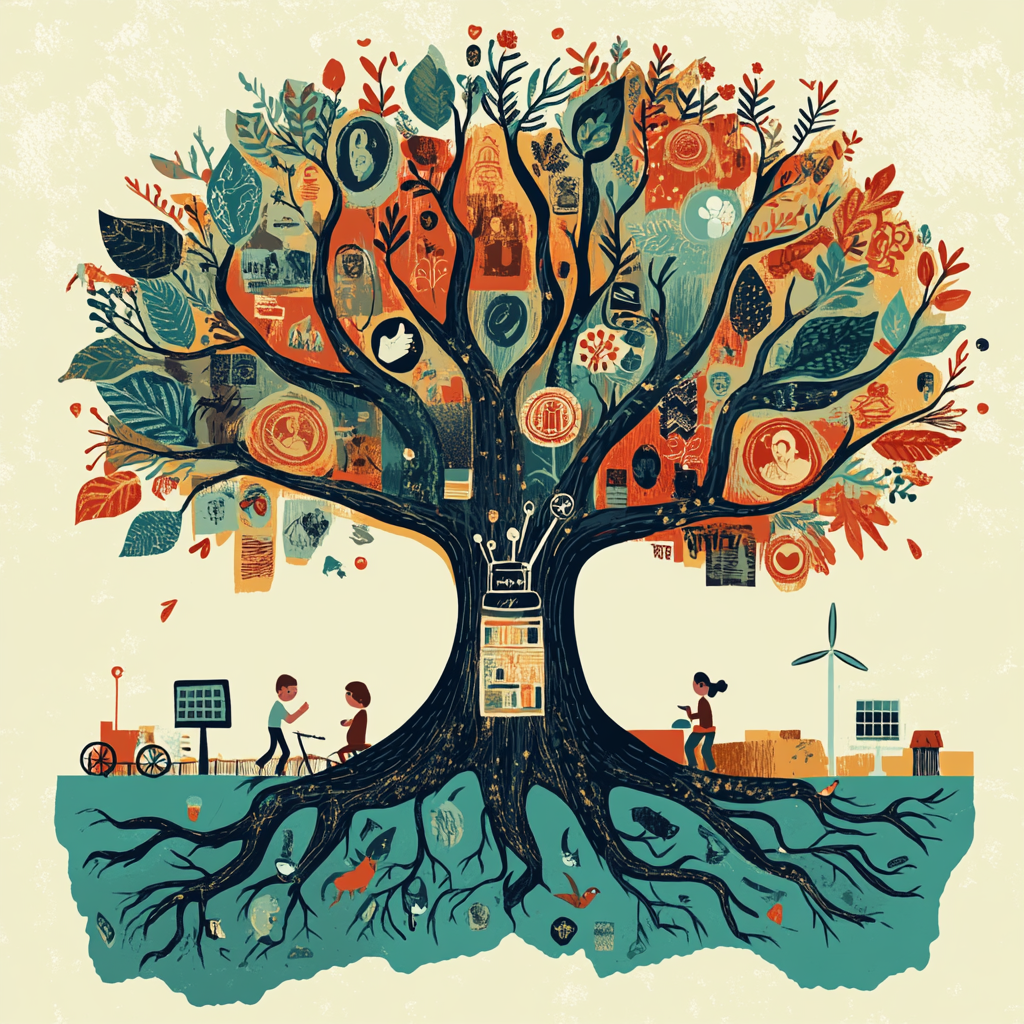SENSS Themes
The Economic and Social Research Council (ESRC) supports a broad range of social science disciplines, including Demography, the study of populations and their changes and trends; Area and development studies, which addresses social and economic issues in lower and middle-income countries; and Economics, which seeks to understand how individuals interact within the social structure to address key questions about the production and exchange of goods and services. The ESRC also covers Economic and social history, which looks at past events to understand contemporary society better; Education, exploring how people learn and develop; and Environmental planning, examining the decision-making processes for managing relationships between human and natural systems. Human geography studies the world, its people, communities, and cultures, focusing on human activities and their impact; Linguistics, which concentrates on how people communicate and create meaning through language; and Management and business studies, which explore a wide range of aspects relating to the activities and management of business. Other key areas include Politics and international studies (Politics focusing on democracy and policy, and International studies on relationships between countries); Psychology, which studies the human mind and behaviour; Science and technology studies (STS), concerned with the role, culture, and policies surrounding science and technology; and Social anthropology, the study of how human societies and social structures are organised. Finally, ESRC-supported disciplines encompass Social policy, concerned with the analysis of societies' responses to social need; Social statistics, methods, and computing, which involves the collection and analysis of quantitative and qualitative data; Social work, focusing on social change and empowerment; Socio legal studies, which examines the social, political, and economic influences on the law; and Sociology, which attempts to understand how groups of people relate and function as a society.
For proposals submitted to the ESRC, a core requirement is that the social sciences must represent more than 50% of the research focus and effort of the overall project. While proposals can draw from the wider sciences, the primary discipline and focus must be a social science discipline for the application to fall within the ESRC's remit. If you wish to check your eligibility for funding, you can check ESRC’s eligibility requirements or submit a query on the remit query form on Citizen Space.





